Computer Science Inclusivity, Diversity, Equity, and Advocacy (CS-IDEA) committee
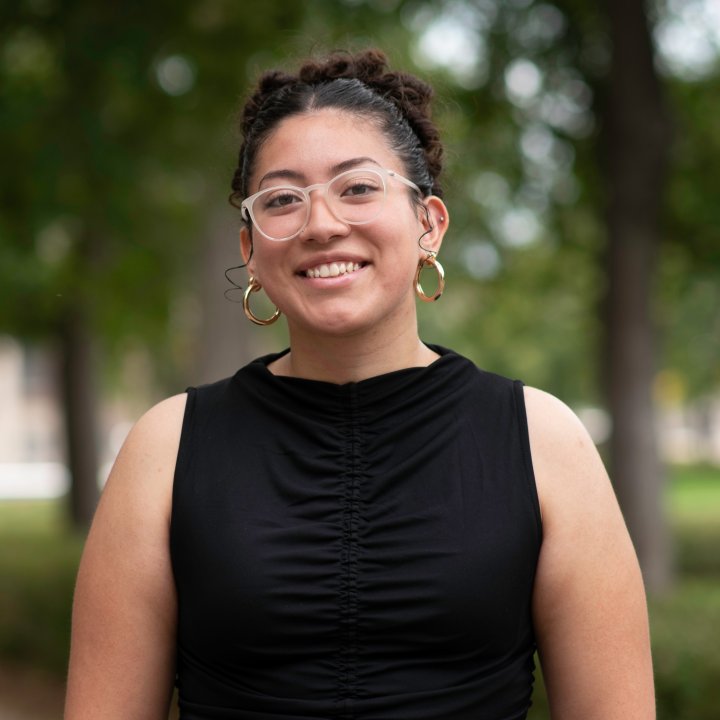
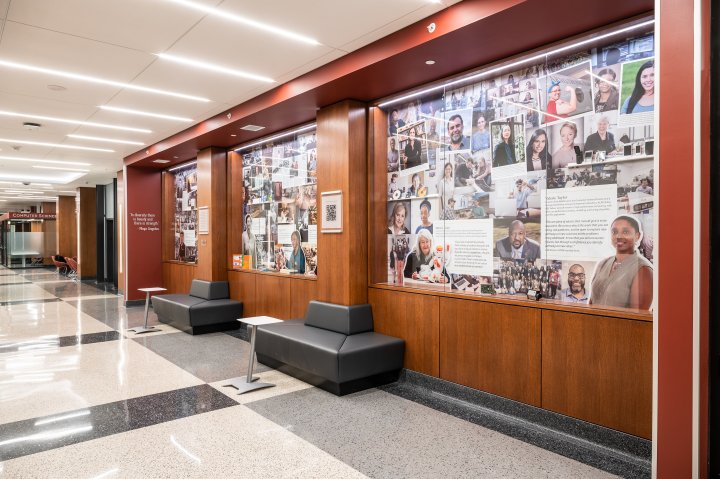
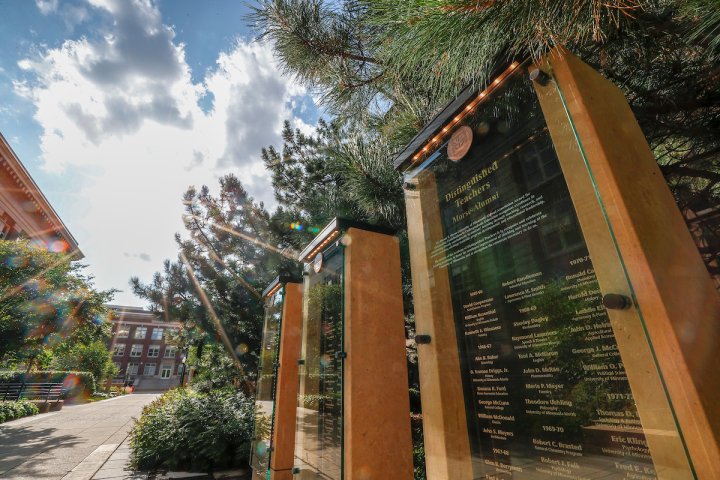
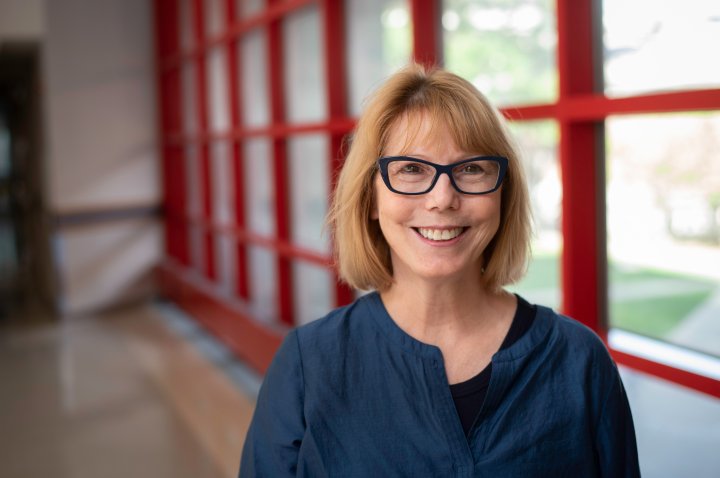
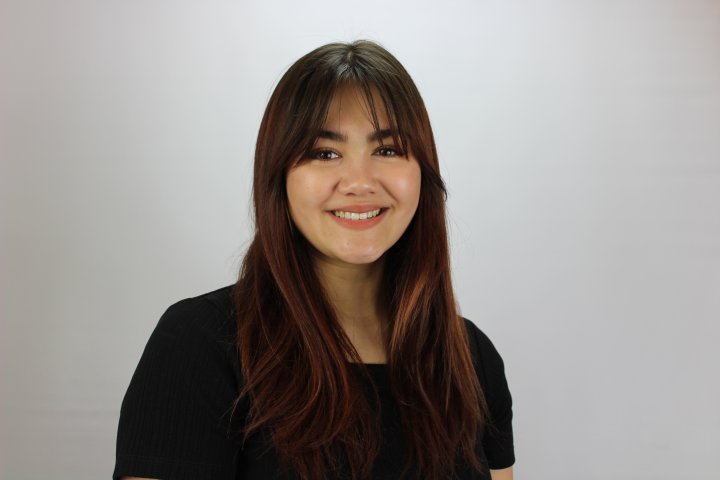

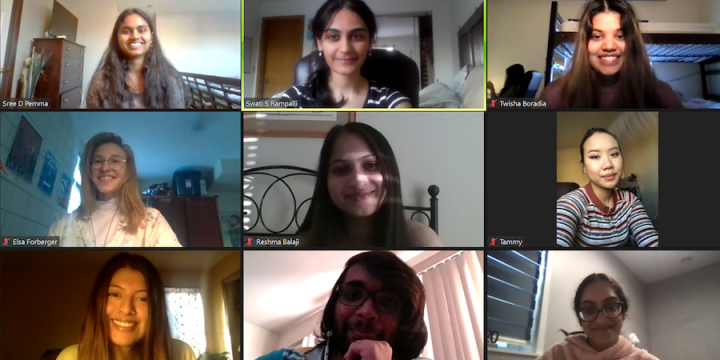
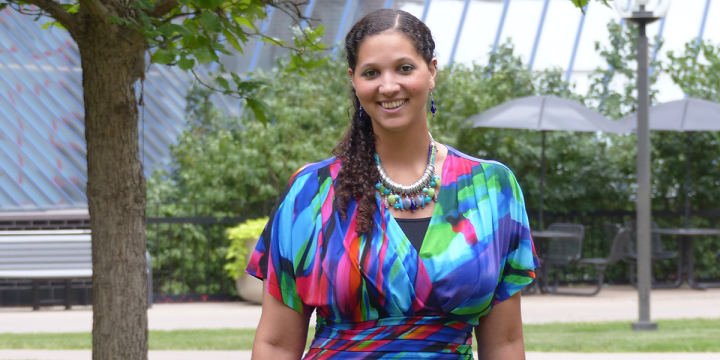
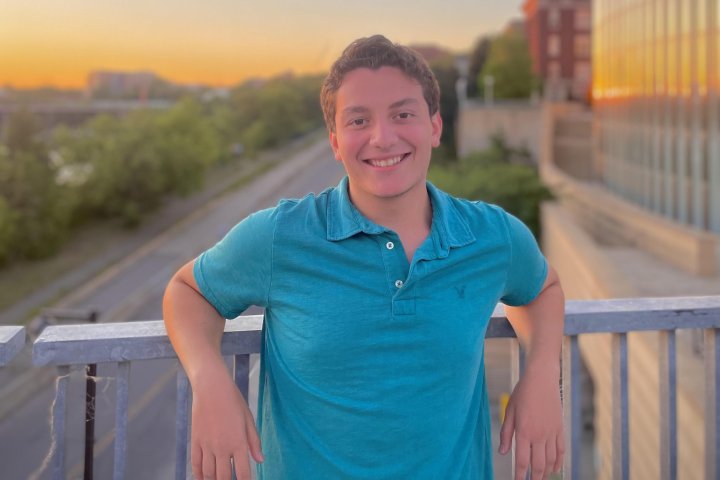
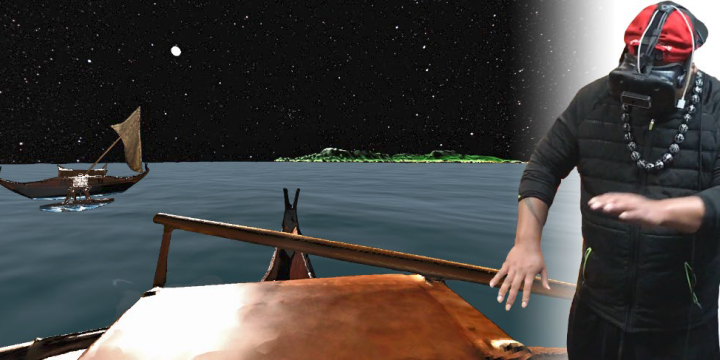
In both the workforce and educational pipeline, computer science remains one of the least diverse fields, particularly in terms of the involvement of women and underrepresented minorities.
The Computer Science & Engineering (CS&E) department is committed to supporting and recruiting a diverse community of students, staff, and faculty and helping everyone in this community to thrive. This requires deliberate work to build an inclusive and supportive environment for those from historically underrepresented and non-traditional backgrounds, which, in our field, includes American Indians and other Indigenous populations, people of color, new immigrant populations, people with both apparent and non-apparent disabilities, people who identify as women, people of various gender and sexual identities and expressions, first-generation students, students from economically disadvantaged backgrounds, people who claim more than one of the above identities, and people who might encounter barriers based on their religious expression, age, national origin, ethnicity, or veteran status.
As part of our department's Inclusivity, Diversity, Equity, and Advocacy (CS-IDEA) work, we have created this webpage as a home base. We encourage community members to use it to connect with "your people", learn about ongoing initiatives ranging from welcome events to scholarships to curriculum revisions, and get involved in our community.
- Daniel Keefe, CS&E Professor and CS-IDEA committee chair
Share your ideas
The CS-IDEA committee wants to hear from you! If you have suggestions for the department related to inclusiveness, diversity, equity, and/or advocacy, please describe share through one of the following methods:
- CS-IDEA feedback form
- Email your thoughts to the committee at csidea-committee@umn.edu
Report bias and misconduct
There are a variety of official University resources for reporting bias and/or misconduct relating to inclusion and equity: